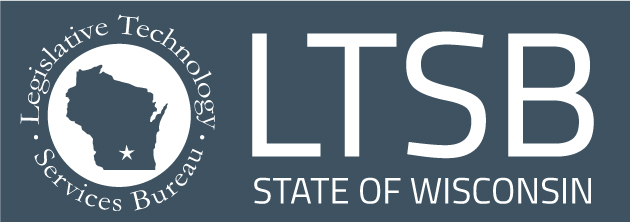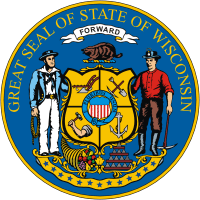Election Complaints & Concerns
The Wisconsin Elections Commission hears complaints concerning violations of election law. Complaints alleging that an election official has acted improperly may result in the Commission issuing an order to that official to correct the violation. Complaints alleging election crimes may be referred by the Commission to a district attorney for consideration of prosecution. An individual may submit formal complaints under three distinct processes:
In Wisconsin, you may submit formal complaints requesting legal action under three distinct processes:
-
Election Crime (§5.05)
-
Election Official Abuse or Violation (§5.06)
-
Violation of the Help America Vote Act (HAVA) (§5.061)
Those submissions are requests for official investigations and can lead to possible court litigation or prosecution. If you are unsure if your complaint qualifies, feel free to contact the Commission with questions.
Submitting Comments & Concerns
An informed voter is an empowered voter, which is the best protection against voter suppression or intimidation.
If you have a comment or concern or had a positive or negative experience that does not fit under the sworn complaint categories, you may submit general comments and concerns. Submitting a comment or concern is a simpler process than a formal complaint and the WEC staff will review your submission to determine the appropriate course of action.
Election Comments
The comment form is simple, and you can include as much or as little information as you want. There is no notary or statute requirement, making this the quickest way to get feedback to WEC staff. Not every comment leads to follow-up. Using the comment form is a good option for people who:
-
had a positive/negative experience at their polling place.
-
want to comment on a Commission opinion.
-
had a positive/negative experience registering to vote or requesting an absentee ballot.
Accessibility Concern
These comments allow the WEC to efficiently address any potential barriers for voters. The Commission will also use this information to inform training and clerk communication related to accessibility. The accessibility concern form is a good option for people who:
-
encountered barriers during the voting process.
-
are experiencing an accessibility-related concern and need it addressed promptly.
-
witnessed something that was inaccessible online, at an in-person absentee location, or at their polling place.
Complaints FAQ
If you have witnessed efforts to commit any kind of fraud or corruption in the voting process, you may report this to local law enforcement officials such as your sheriff’s or police department. You may also report this to the District Attorney in your county.
You may report this to federal law enforcement officials at:
United States Attorney's Offices
Eastern District of Wisconsin: 414-297-1700
Western District of Wisconsin: 608-264-5158
If you have witnessed actual or attempted acts of discrimination or intimidation in the voting process, you may report this to the Civil Rights Division of the United States Department of Justice at 1-800-253-3931.
Complaints for Other Agencies
-
Ethical Violation by State Official – Contact the Wisconsin Ethics Commission.
-
Ethical Violation by Local Official – Contact the district attorney in the county where the violation is alleged to have occurred.
-
Campaign Finance – Contact the Wisconsin Ethics Commission.
-
Lobbying Law – Contact the Wisconsin Ethics Commission.
-
Open Meetings and Public Records Laws – Contact the Wisconsin Department of Justice, 608-266-1221 or visit its website.
-
Code of Judicial Conduct – Contact the Wisconsin Judicial Commission, 608-266-7637, or visit its website.








